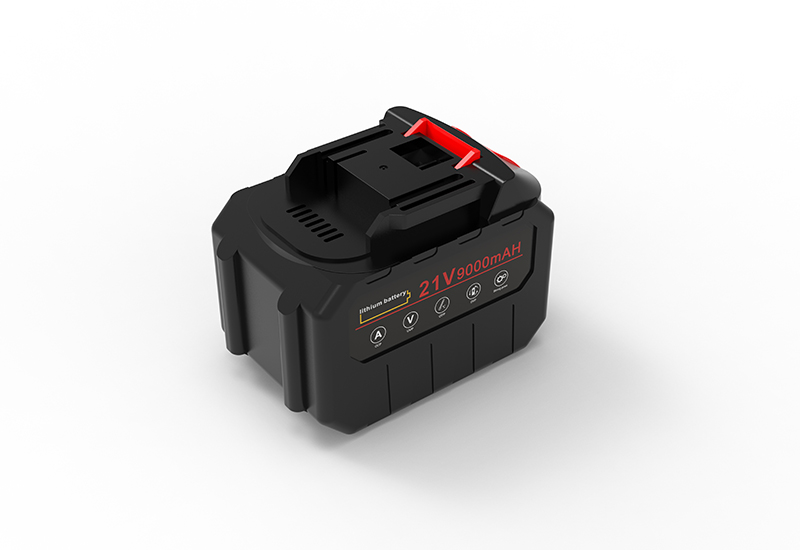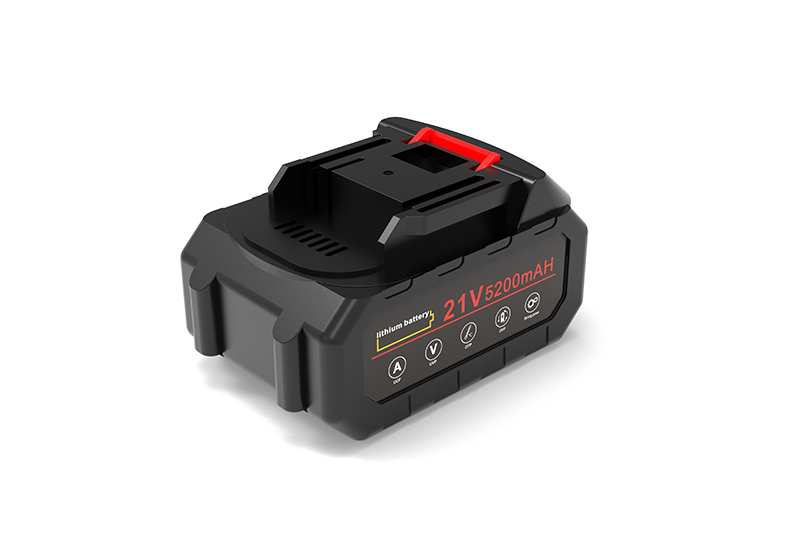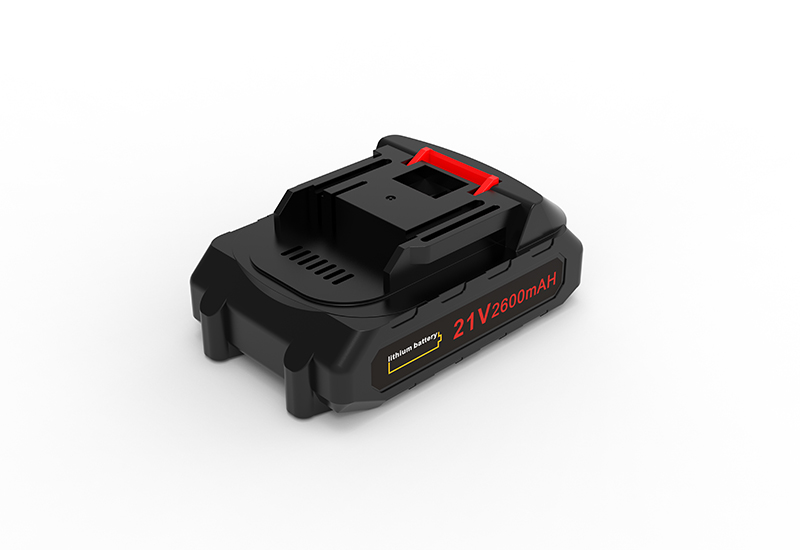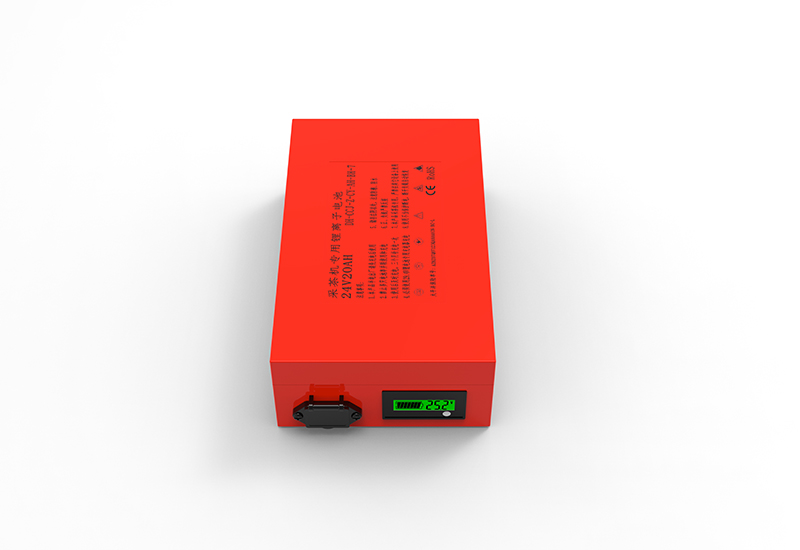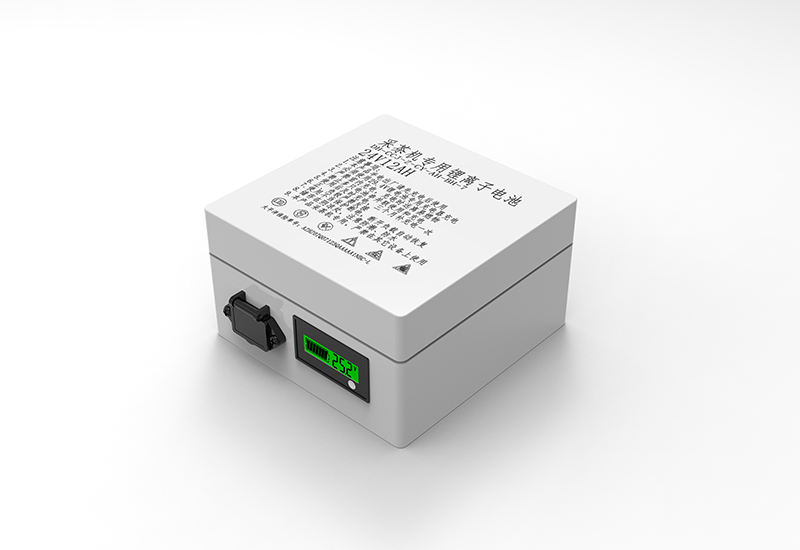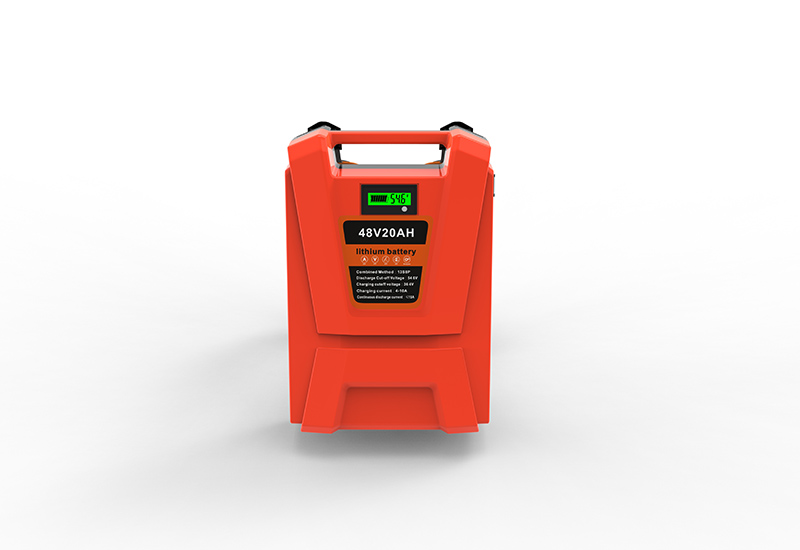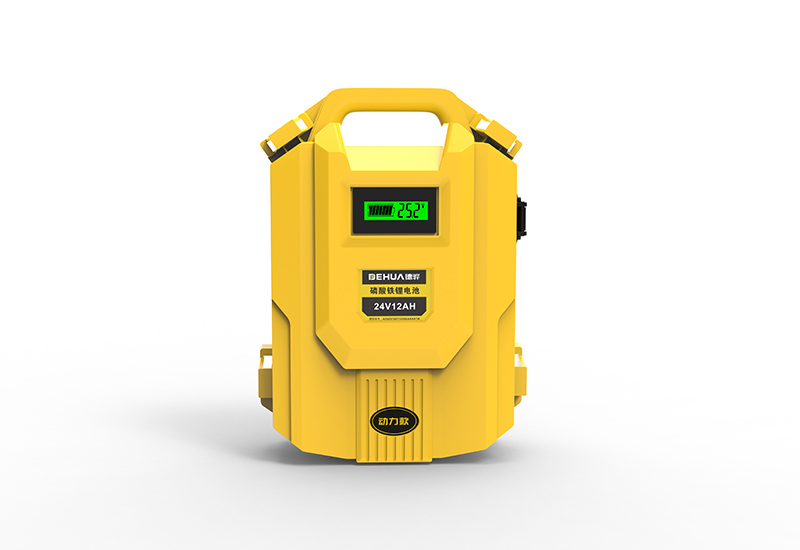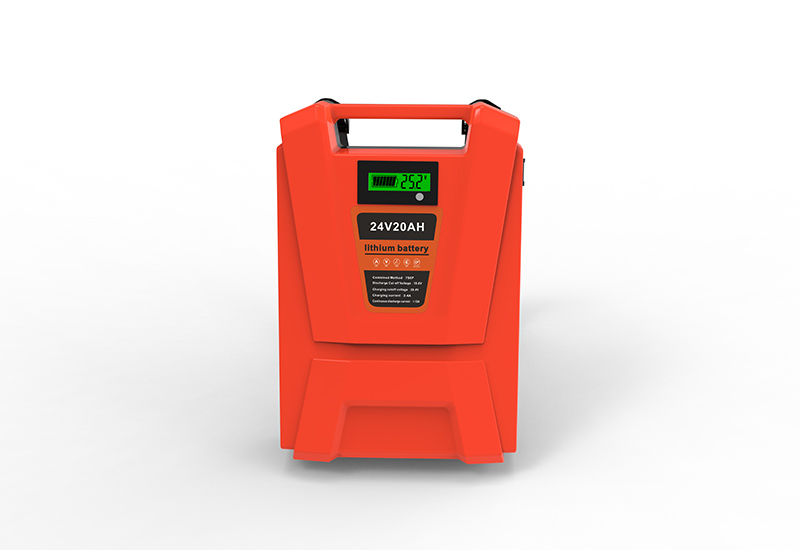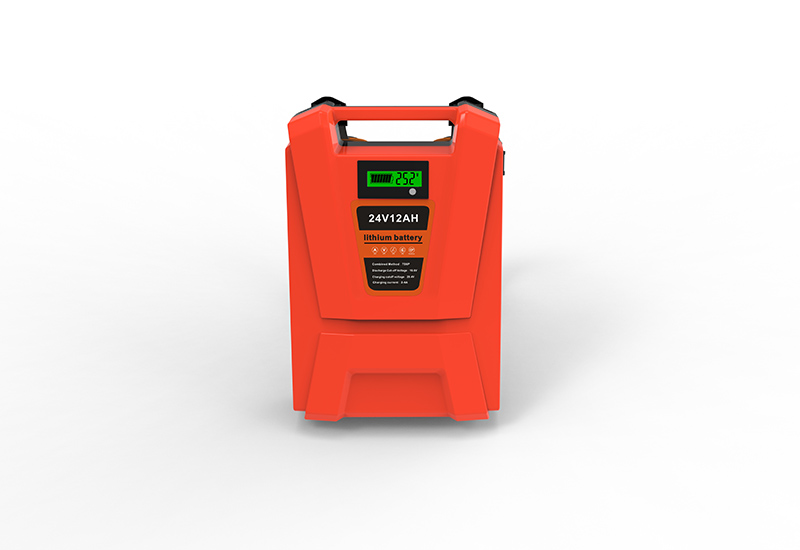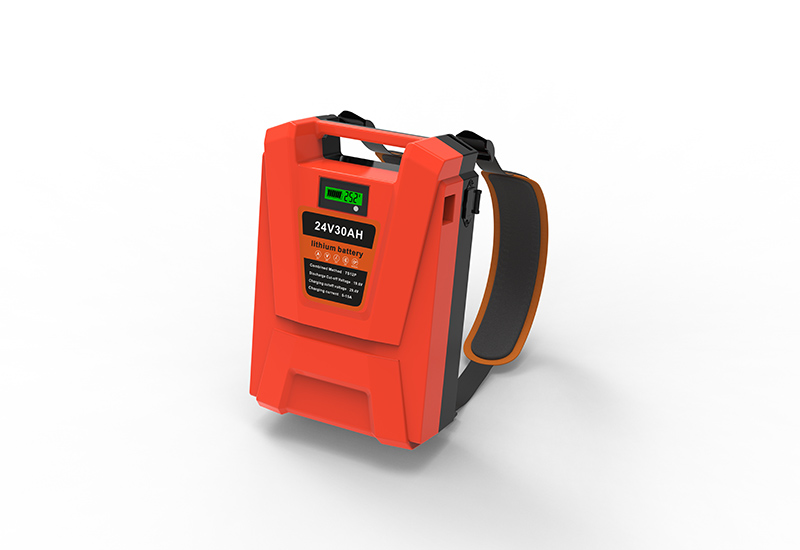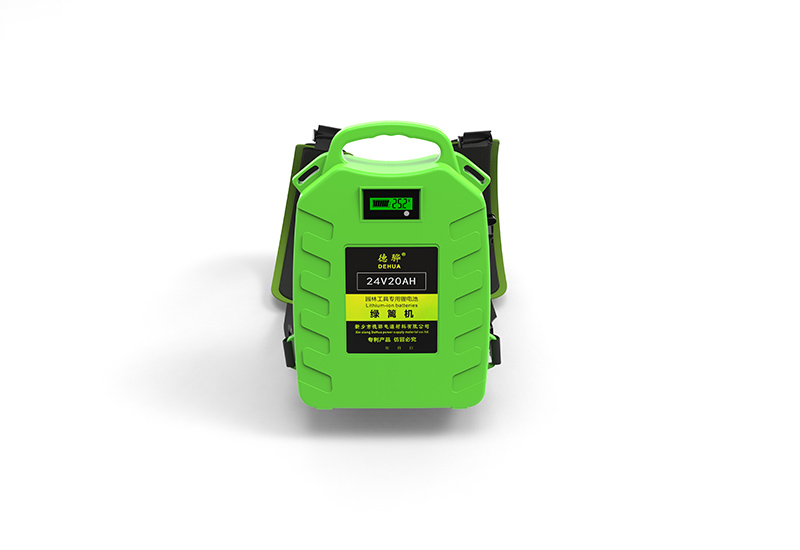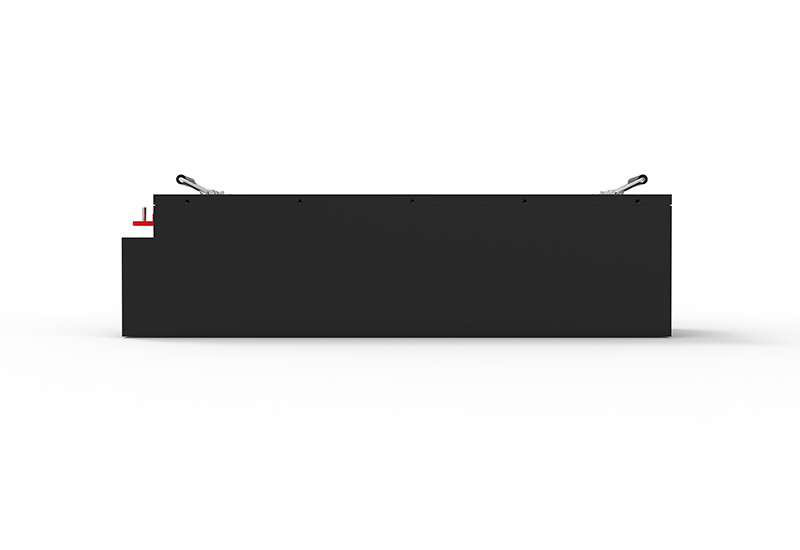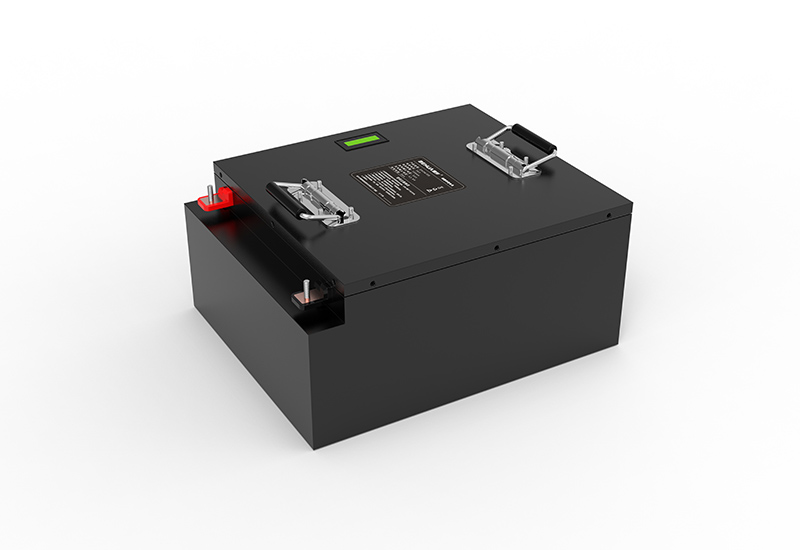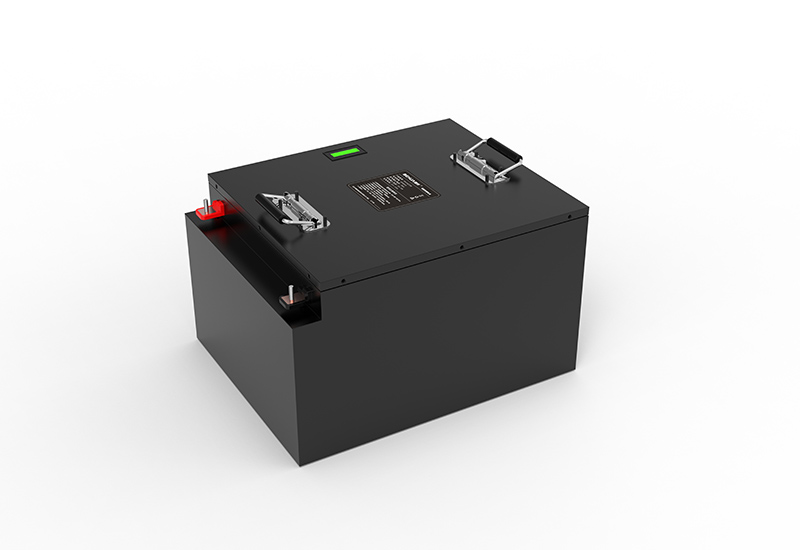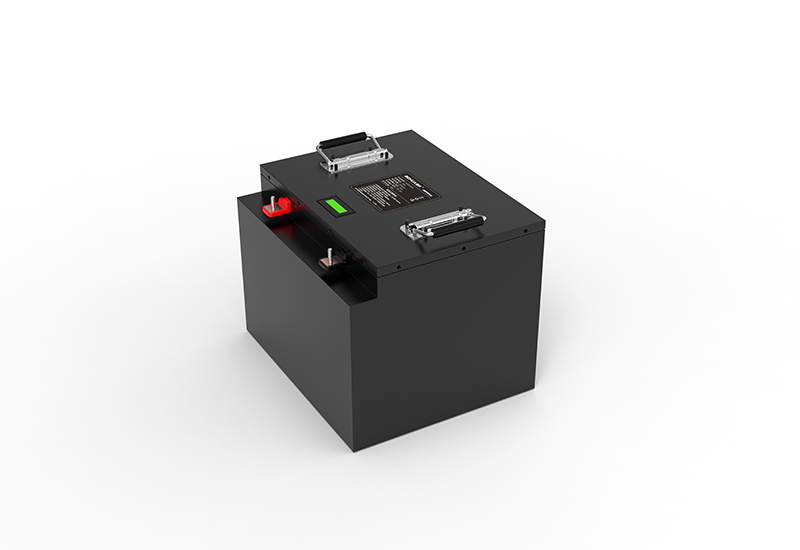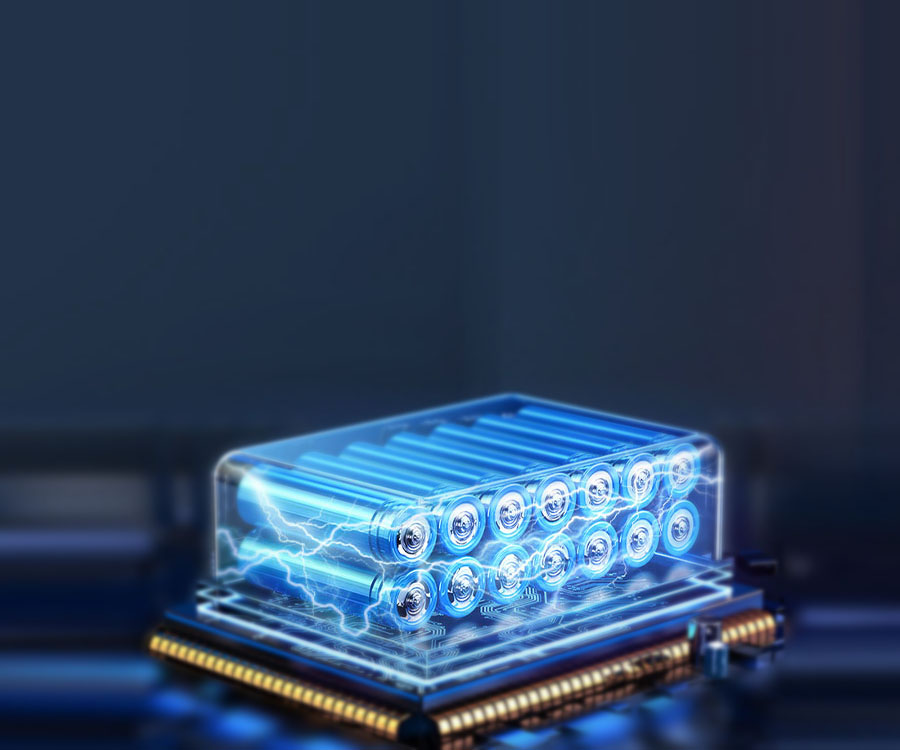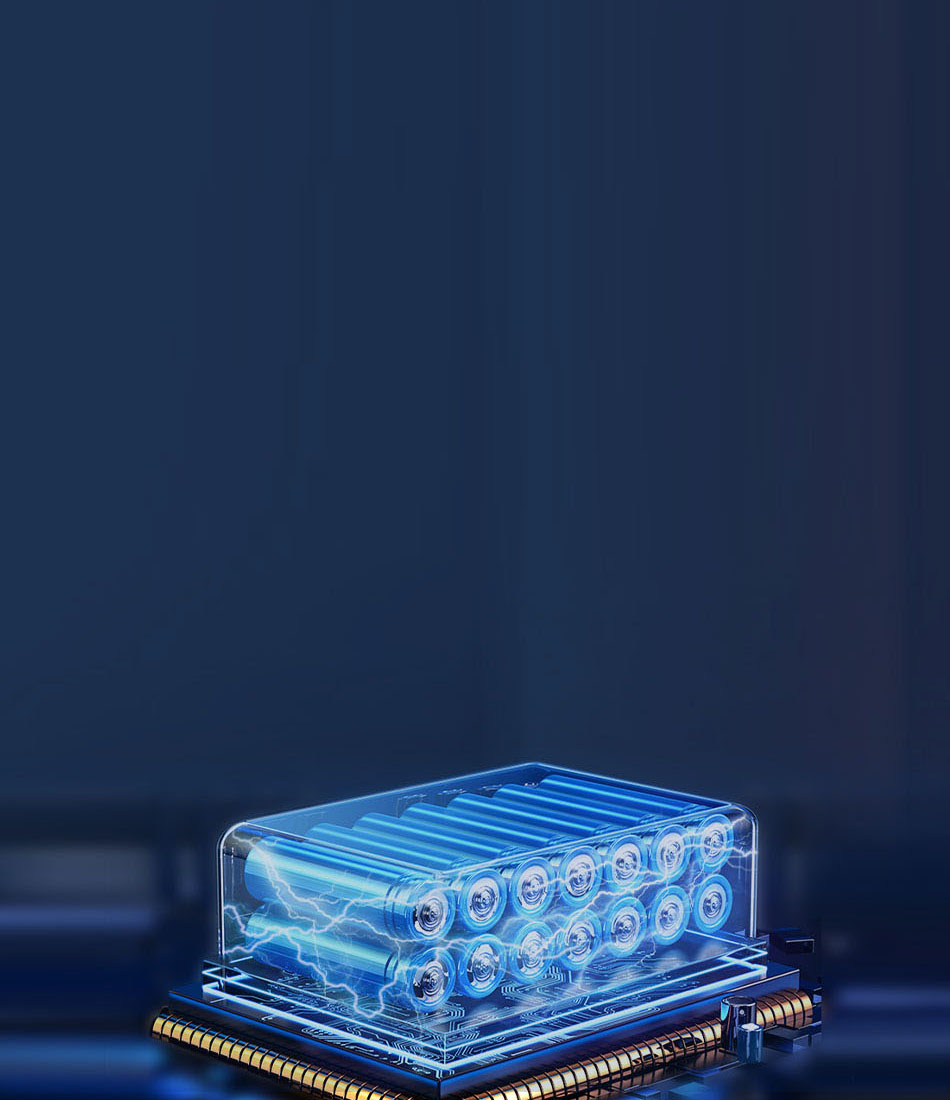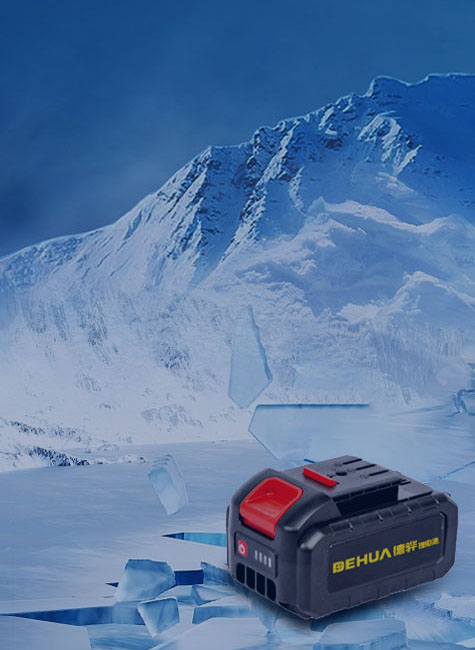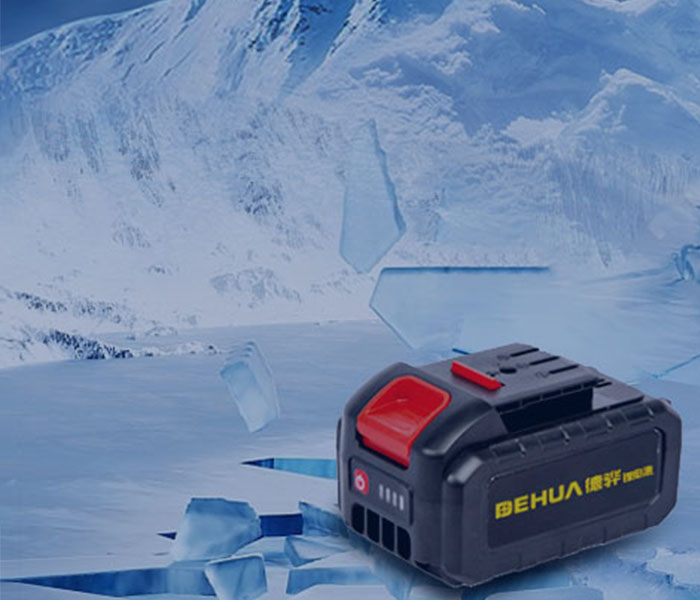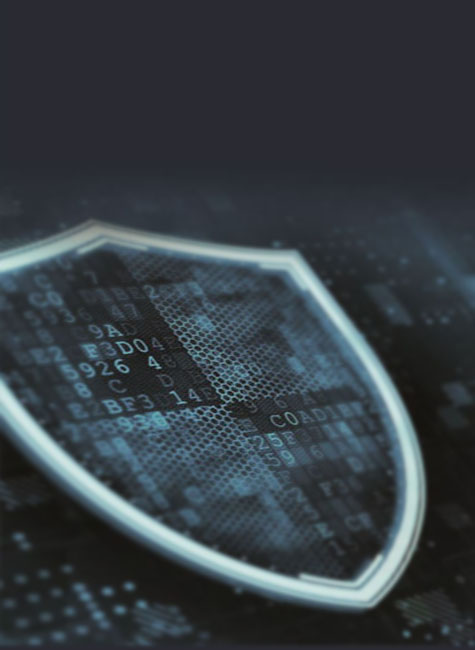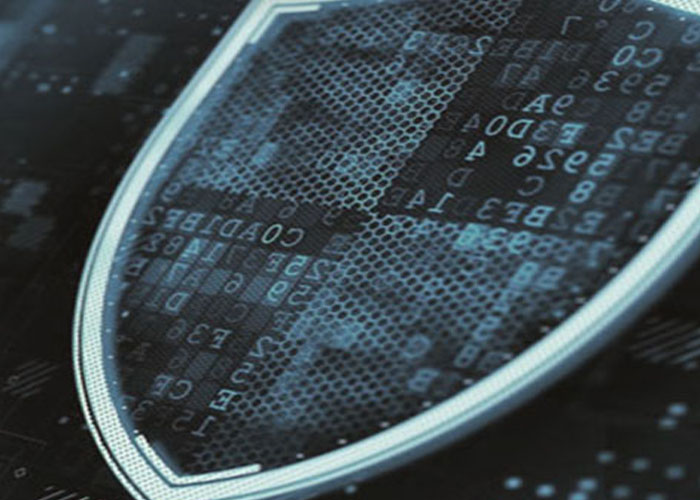Hey, tricycle riders! Are you finding your vehicle heavier, charging slower, and running out of juice too quickly? You might have heard that switching to a lithium battery can solve these problems, and the "Dehua" brand often comes up. So, how are Dehua tricycle lithium batteries? Are they really better than the heavy old lead-acid batteries we're used to? Are they safe and reliable? How many years can they last? Today, let's break down these key questions in plain English!
1. Dehua Lithium Batteries: How Far Can They Go with Cargo/Passengers? (Let's Talk Range)
"How far can this battery go?" This is definitely the top concern for most people. The range of a Dehua tricycle lithium battery depends on several factors:
- Battery "Appetite" (Capacity Ah): Just like your phone battery, the larger the capacity (e.g., 100Ah stores more than 50Ah), the more electricity it holds, and theoretically, the farther it can go.
- Vehicle Load: Riding empty versus carrying a full load of goods makes a big difference. The heavier the load, the more power consumed.
- Road Conditions and Driving Habits: Constantly going uphill, accelerating rapidly, and braking hard will definitely use more power than smooth, steady driving.
- The Dehua Lithium Advantage: Compared to old lead-acid batteries of similar size or weight, Dehua lithium batteries often store more energy (higher energy density). They also provide a more stable power output during discharge, unlike lead-acid which can feel "weak" towards the end. This gives you a feeling of consistent power and a more confident ride.
In Simple Terms: Choosing the right capacity for your Dehua lithium battery depends on your typical daily distance and load. Ask questions before buying and select a suitable model. You'll generally get significantly better range compared to a lead-acid battery of the same specification.
2. Safety First! Can You Trust Dehua Lithium Batteries? (Let's Talk Safety)
Battery safety is crucial! Dehua puts considerable effort into this:
- An "Intelligent Bodyguard" (BMS System): Inside every Dehua lithium battery is a smart chip (Battery Management System - BMS). It acts like a personal bodyguard, constantly monitoring the battery's status. If it detects overcharging, over-discharging, excessively high or low temperatures, or excessive current, it intervenes to protect the battery and prevent problems.
- Using Reliable "Cells": While we won't discuss cell manufacturing, Dehua uses quality-tested, stable finished cells when assembling batteries. For instance, many Dehua tricycle batteries now use Lithium Iron Phosphate (LiFePO4 or LFP) cells, which are widely recognized as a very safe and stable type.
- A Pretty "Tough" Casing: The battery's outer casing design also considers factors like shock resistance, moisture resistance (check specific model's waterproof rating), and heat dissipation, making the battery better suited to the bumpy, exposed environment of a tricycle.
In Simple Terms: As long as you purchase your Dehua tricycle lithium battery from legitimate channels and use it according to the instructions, these multiple layers of protection ensure its safety. It offers much more peace of mind than older batteries without smart protection.
3. How Many Years Can One Battery Last? Are Dehua Lithium Batteries Durable? (Let's Talk Lifespan)
Everyone wants a battery that lasts longer, saving money and hassle. The lifespan of a Dehua tricycle lithium battery is mainly measured by how many times it can be fully charged and discharged (its cycle life).
- Ultra-Long "Standby": High-quality lithium batteries, especially Lithium Iron Phosphate (LFP) batteries, have a very long cycle life.
- Example: Take Dehua's Lithium Iron Phosphate battery model DH-60V100AH for tricycles. Brand new, A-grade LFP cells like these can handle around 3000 charge/discharge cycles! What does that mean? Even if you completely drained and recharged it once every single day (a deep cycle), it could theoretically last for many years (3000 days is over 8 years, though actual lifespan depends on usage factors). That's vastly superior to typical lead-acid batteries that might only last a year or two.
- Good Care Extends Life: Of course, to get the most out of it, you need to take care of it. Don't always wait until it's completely dead to recharge. Try not to charge or store it for long periods in extreme heat or cold. Always use the matching charger.
In Simple Terms: Dehua tricycle lithium batteries, especially the LFP types, are genuinely durable and can significantly reduce the frequency and cost of battery replacements.
4. Lightweight and Convenient! What Makes Dehua Lithium Better Than Old Batteries?
Besides potentially going further, being safer, and lasting longer, Dehua lithium batteries offer several other tangible benefits:
- Light! Really Light! They typically weigh only about one-third as much as a comparable lead-acid battery. A lighter vehicle is easier to handle (push or ride) and can slightly improve range.
- Faster Charging! With the right charger, charging speed is significantly faster than with old batteries, saving you valuable waiting time.
- Clean and Eco-Friendly! They don't contain harmful heavy metals like lead, making them better for the environment.
- No "Watering" Needed! Unlike some lead-acid batteries that require regular topping up with distilled water, lithium batteries are essentially maintenance-free.
5. Quick Tips: Want Your Dehua Lithium Battery to Live Longer?
Remember these points for better battery health:
- Dedicated Charger: Always use the original or manufacturer-specified charger. Do not mix and match!
- Avoid "Starving" or "Stuffing": Don't wait until it's completely dead, and don't leave it plugged in for days after it's fully charged. Charging when it's low but not empty is generally better.
- Mind the Temperature: Extreme heat or cold is bad for the battery. Avoid prolonged use or storage in harsh temperatures.
- Keep it Clean: Ensure the charging port and battery contacts are clean and free of water or dirt.
- Feed it During Storage: If the tricycle won't be used for a long time, charge the battery partially every month or two to prevent it from deep discharging.
Summary:
So, "How are Dehua tricycle lithium batteries?" Overall, compared to traditional lead-acid batteries, they offer clear advantages in terms of range, safety, lifespan, weight, and environmental friendliness. Types like Lithium Iron Phosphate (LFP) are particularly outstanding for their safety and durability (like the DH-60V100AH model with its ~3000 cycle life mentioned earlier). If you want your tricycle to go further, be more convenient, and feel lighter, switching to a Dehua lithium battery is definitely a worthwhile option to consider. Of course, the specific model you choose should depend on your individual needs.


